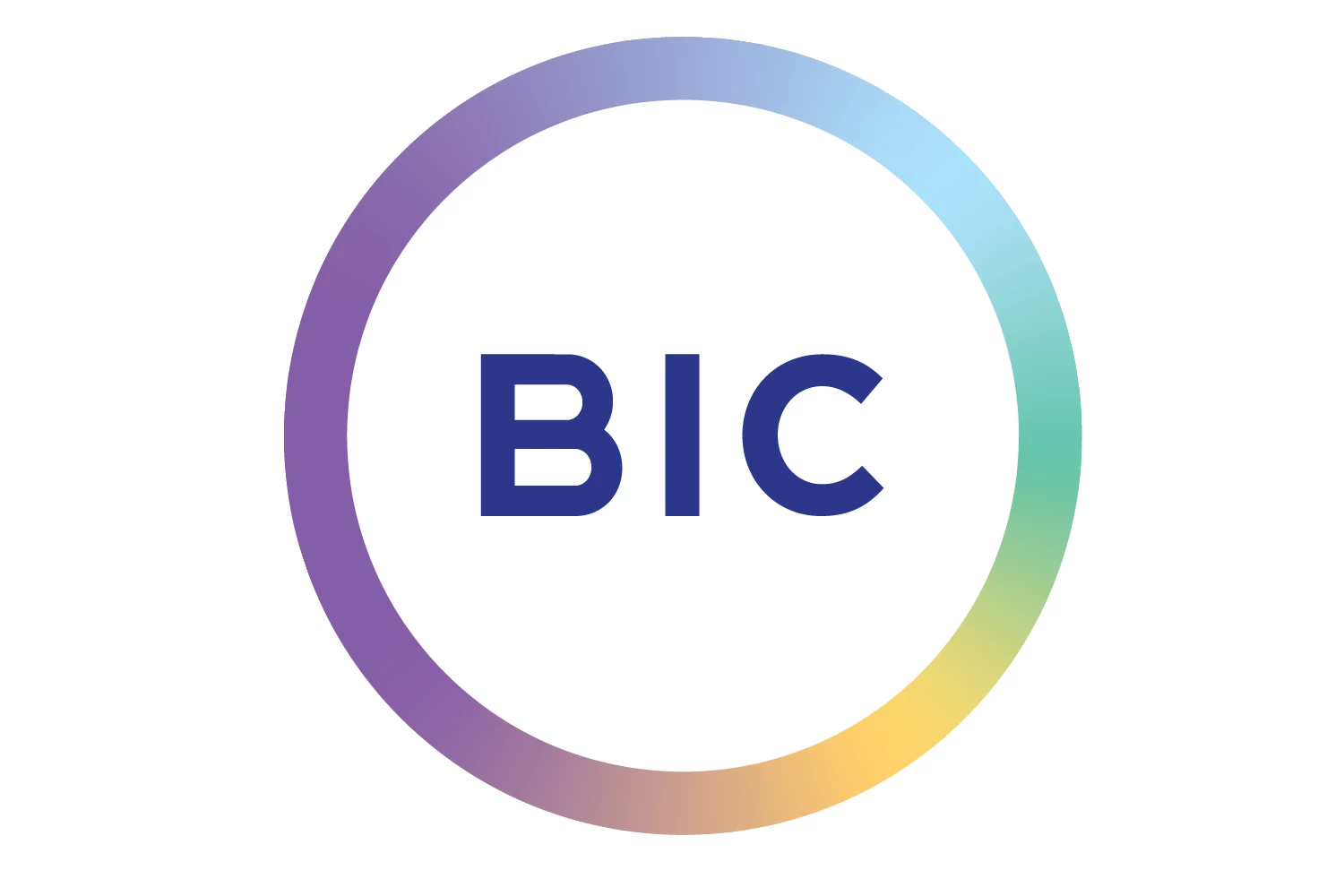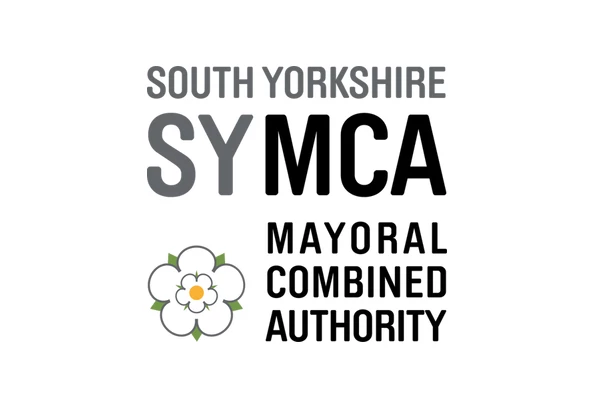
Member Article
Technology and the legal sector
In his latest blog Mitchell Charlesworth partner, Mike Buxton, looks at the impact of technology on the legal sector.
Technology
With every industry, technology is leading the way to change and transforming ways of working. Progressive law firms that adopt new technologies are able to pass the benefits onto their clients through increased flexibility, greater transparency and reduced fees. Many traditional law firms may be left behind if these new technologies are not embraced.
Examples of technologies which are improving efficiencies in law firms include:
- Cloud solutions. These allow fee earners to work more flexibly with clients outside of regular working hours. Cloud accounting software allows the practice owner to run the business more efficiently and frees up resources to focus on other aspects of the practice which may need improving or achieve a better work/life balance.
- Data management tools. Law firms hold huge amounts of data on clients and case outcomes. Being able to manage this data improves client satisfaction and has the potential to win future cases. Automation tools reduce the administrative burden.
- Case management tools. These allow the client to view progress on their case and leave comments. AI tools introduce efficiencies and give competitive advantages.
Firms need to use the tech available to them, that suits their structure and ethos. However, technology is only as good as the way it is used. Technology should be used to save the firm money and time and provide added value to the client. If the technology is not being used correctly or does not fit with a firm’s ethos, then this could be an expensive error.
Technology in the legal sector has made client to solicitor contact, from anywhere in the world, a lot more accessible. The move from a traditional 9-to-5 working day to a more fluid, flexible working culture means clients want a more flexible solicitor who is available when they are. This can mean flexible working for employees which can help attract and retain talent within the practice.
This change in working habits has also seen a trend in smaller boutique legal practices establishing themselves. Technology allows smaller firms to complete with the larger practices, by giving them flexibility and access to powerful research tools.
An example of this is in the family sector. Small, nimble, process driven family law practices can provide a service to a client who wants a quick and easy solution. These firms ensure that the client is happy whilst the fee earner ensures that their low costs business remains competitive and provides a flexible working environment.
The risk ahead is for the firms that fail to innovate. Adopting basic tech tools and looking for opportunities to introduce newer technologies will improve efficiency and drive productivity, allowing firms to remain competitive and improve client service.
If you would like to discuss technology in your law firm or how cloud accounting software can support your practice, please contact Mike Buxton at Mitchell Charlesworth.
This was posted in Bdaily's Members' News section by Anne Griffiths .



 How advancements in technology are shaping the future of the economy in North East England
How advancements in technology are shaping the future of the economy in North East England
 South Yorkshire Craftsmanship and Innovation: A Tale of Heritage and Growth
South Yorkshire Craftsmanship and Innovation: A Tale of Heritage and Growth
 Demystifying Degree Apprenticeships
Demystifying Degree Apprenticeships
 Industry-focused apprenticeships pave the way for a bright future in science manufacturing
Industry-focused apprenticeships pave the way for a bright future in science manufacturing
 What’s the best hosting plan for a business website?
What’s the best hosting plan for a business website?